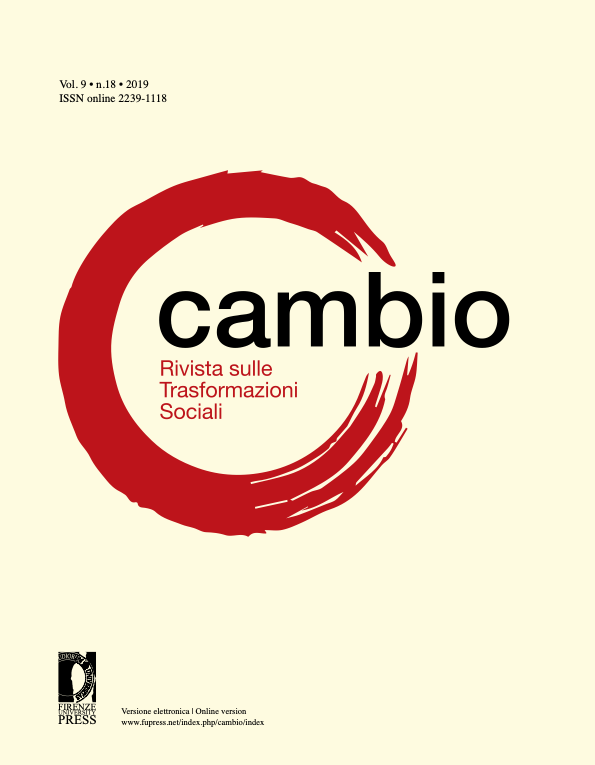Landscape conflicts and the making of contemporary European societies: a dialogue with Olaf Kühne
Published 2020-05-18
Keywords
- landscape,
- conflict theory,
- social constructivism,
- environment,
- power
- inequality ...More
How to Cite
Abstract
This article reflects on the ways “landscape conflicts” are likely to shape contemporary European societies. Based on an interview with Olaf Kühne, a German geographer with a strong background in sociology, the article first outlines the underlying theoretical framework, drawing on social constructivism and Dahrendorf’s conflict theory. The load-bearing axis is the idea that landscape is a social construction and, as such, constitutes a source of conflict. Conflicts basically revolve around an emerging “environmental dilemma” concerning the ostensible necessity of choosing between the energy transition and landscape conservation. However, these should be seen as “productive” conflicts in that they serve to foster social progress. The authors then reflect on the role nation-states and the European Union play in enacting regulation as part of landscape governance.


